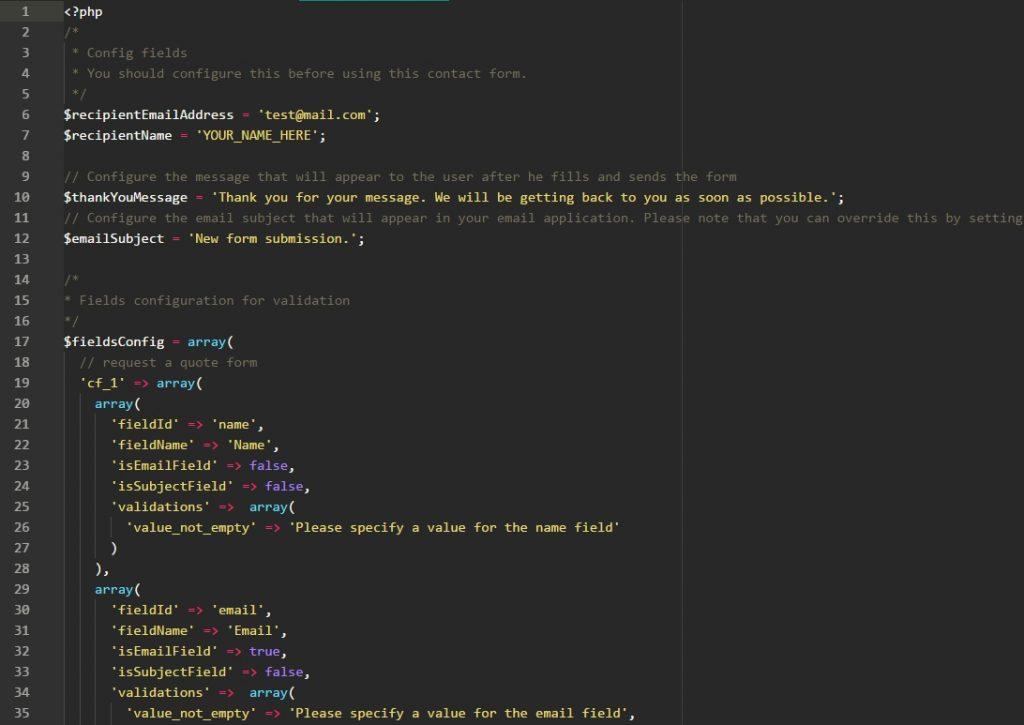Overview: Sudan’s Crisis and Its Regional Ramifications
Sudan is currently engulfed in a severe crisis characterized by political turmoil and violent confrontations between competing factions. This instability threatens not only the nation’s internal cohesion but also poses a significant risk of igniting broader unrest across East Africa. Rooted in longstanding disputes over power and governance, the conflict has escalated to a point where its repercussions could extend well beyond Sudan’s borders, potentially drawing in militant groups and external actors seeking to exploit the chaos. This analysis explores the multifaceted nature of Sudan’s upheaval, its consequences for regional security, and underscores the urgent necessity for coordinated international efforts to prevent an expansive conflict that could destabilize multiple countries.
Sudan’s Conflict: A Spark Threatening Regional Stability
The violent clashes primarily between rival military factions have plunged Sudan into deep uncertainty, jeopardizing an already fragile peace framework within East Africa. The humanitarian fallout is dire—millions face displacement while food shortages intensify amid disrupted supply chains. Beyond immediate neighbors like South Sudan and Chad, there is growing apprehension that this turmoil might ripple into distant states such as Libya or even exacerbate instability across the Sahel region.
Militant organizations are increasingly exploiting this disorder to expand their influence, raising concerns about a surge in extremist activities that could further weaken governance structures throughout affected areas. Meanwhile, key regional powers are navigating complex strategic dilemmas:
- Egypt: Focused on securing its southern frontier amid fears of spillover violence.
- Ethiopia: Balancing internal ethnic conflicts with interests tied to Nile water resources.
- The United Nations: Engaged in facilitating humanitarian access while promoting dialogue among conflicting parties.
The interplay of these factors risks transforming local disputes into proxy battlegrounds as external actors align with different factions based on geopolitical interests—complicating prospects for peaceful resolution.
Regional Impact: Navigating Challenges Arising from Sudan’s Upheaval
The reverberations from Sudan’s crisis extend deeply into neighboring countries already grappling with their own socio-political challenges. The influx of refugees fleeing violence threatens to overwhelm border communities in South Sudan, Egypt, Chad, and beyond—straining limited resources and infrastructure at critical junctures.
- Refugee Pressures: Humanitarian agencies warn that without rapid intervention, camps may become overcrowded leading to deteriorating living conditions.
- Tightened Border Controls: Heightened security measures along borders increase risks of skirmishes; recent incidents near Chad’s frontier highlight escalating tensions requiring vigilant monitoring.
- Erosion of Trade Networks: Disruptions along vital trade corridors threaten economic stability; alternative routes must be explored urgently to sustain commerce amidst ongoing insecurity.
This evolving landscape compels neighboring governments toward unprecedented cooperation or realignment as they seek collective solutions against shared threats such as terrorism proliferation or economic downturns caused by prolonged instability. Key outcomes anticipated include enhanced military collaboration through joint exercises aimed at deterring cross-border aggression; formation of humanitarian coalitions dedicated to managing refugee crises effectively; and strengthened economic partnerships designed to buffer markets against shocks stemming from conflict zones.
| Main Consequence | Description |
|---|---|
| Joint Security Initiatives | Nations coordinate defense strategies including intelligence sharing and border patrols to maintain stability. |
| Crisis Response Alliances | Create frameworks for rapid deployment of aid addressing urgent needs among displaced populations. |
| Sustainable Economic Cooperation | Diversify trade links reducing dependency on vulnerable routes impacted by conflict disruptions. |
Global Strategies: Preventing Expansion Into a Wider East African Conflict Zone
Averting an escalation from localized strife into a transnational war requires decisive action by global stakeholders alongside regional entities. Recommended approaches include:
- Diplomatic Intensification: Prioritize inclusive negotiations involving all relevant parties—including marginalized groups—to foster trust-building measures essential for ceasefire agreements;
- Tailored Sanctions Regimes: Target influential figures perpetuating hostilities through asset freezes or travel bans without harming civilian populations;
- Adequate Humanitarian Support: Scale up aid delivery mechanisms ensuring timely provision of food supplies, medical care, shelter materials especially within hard-to-reach areas;
- African Union Empowerment: Strengthen AU-led peacekeeping missions equipped with mandates robust enough for effective stabilization operations;
An integrated diplomatic task force should be established comprising key organizations tasked with specific roles aimed at restoring order efficiently while safeguarding human rights protections during interventions:
| Organization | Function | Goal |
|---|---|---|
| United Nations | Facilitation & Mediation | < td >Broker peace talks between warring factions ensuring inclusivity & transparency td > tr >|

